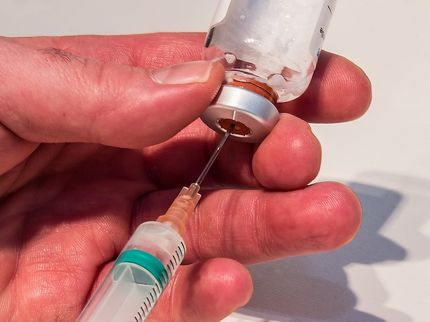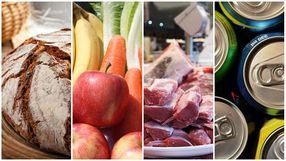Ho Chi Minh City urges citizens to stop eating dog meat
Advertisement
food safety officials in Ho Chi Minh City have urged locals to stop eating dog meat in an effort to improve the national image, an official said on Monday.

Photo by Anoir Chafik on Unsplash
"This is advice, it's not an order, so we haven't introduced any fines," Phan Thi Hoai Tran, head of communications at Ho Chi Minh City's Food Safety Management Board, told dpa.
Eating dog meat is not uncommon in Vietnam, yet while it is not illegal to eat dogs, the meat has never been formally included on the list of animals suitable for humans as a food, the watchdog claims.
Health risks associated with eating the meat include parasites that can affect internal organs, while chemicals found in poisons used to kill the dogs also threaten consumers, Associate Professor Pham Khanh Phong Lan, head of the board, told local media.
"Eating dog meat is not a good habit so people should kick it, especially in this era of international integration," the Board said on its website last week.
Vietnam's dog meat consumption has made it the target of animal welfare campaigns in the past, and the Asia Canine Protection Alliance estimates that five million of the animals are killed and eaten in the country every year.
Eating dog meat, however, is more common in Hanoi, which also attempted to curb dog meat consumption last year.
It is estimated that the capital is home to almost 500,000 dogs and cats, as well as around 1,000 restaurants and shops which sell their meat. (dpa)
Other news from the department politics & laws
Most read news
More news from our other portals
See the theme worlds for related content
Topic world Food safety
Food safety is at the heart of the food and beverage industry. It ensures that the food we eat every day is not only nutritious, but also free of harmful contaminants. From field to plate, the industry monitors and regulates every step of the process with strict quality controls, advanced testing methods and continuous research.

Topic world Food safety
Food safety is at the heart of the food and beverage industry. It ensures that the food we eat every day is not only nutritious, but also free of harmful contaminants. From field to plate, the industry monitors and regulates every step of the process with strict quality controls, advanced testing methods and continuous research.





























































